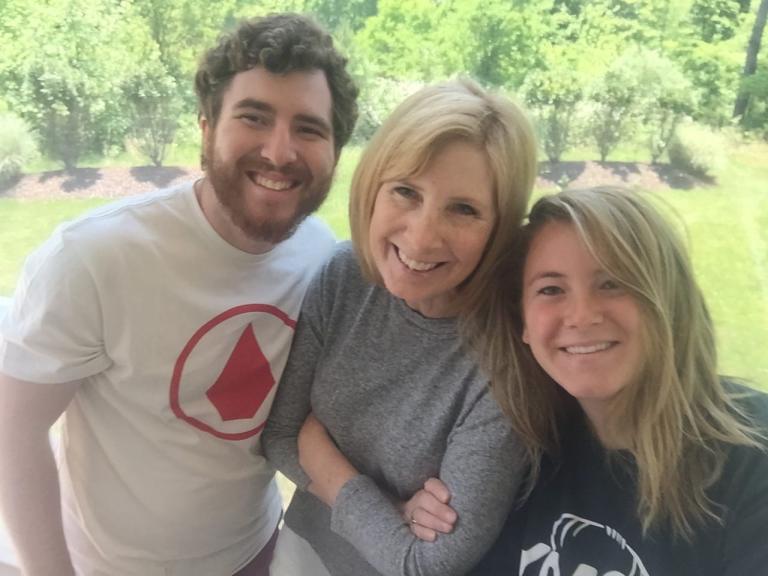 This year, thankfully, we can finally be together as families and celebrate our moms in person. Their importance in a family cannot be overstated despite attempts to minimize this. Moms are necessary and needed. This important attachment figure plays a critical role in our healthy development and cannot be easily replaced.
This year, thankfully, we can finally be together as families and celebrate our moms in person. Their importance in a family cannot be overstated despite attempts to minimize this. Moms are necessary and needed. This important attachment figure plays a critical role in our healthy development and cannot be easily replaced.
Our relationship with our mother affects all our other relationships. The more positive the relationship and the more meaningful the connection, the more skilled we will be at all other relationships. Our relationship with mom is one of the closest bonds two people can share. That kind of intimacy requires us to define ourselves apart from her and still be emotionally connected to her. This is the work we must do in all healthy relationships–be separate but still attached. And the better we work it out with our moms, the better mom we will be to our own children.
When all goes well, moms help us develop what is called a secure attachment. This means we are comfortable exploring the world around us and know that mom is our safe base-someone we can return to and be refreshed. She is responsible and available to our needs.
But moms who are emotionally disconnected, rejecting, and are unavailable and unresponsive to the needs of their child, create what is called an avoidant attachment. The child learns he or she can’t count on mom and begins to develop their own independence in order to avoid the rejection.
Finally, in terms of attachment, there is a third style that develops. It is called an anxious attachment. This comes from inconsistent responses from the mom. Sometimes, parents meet the needs and other times they don’t. Usually this is related to a parent being more self-focused than child focused. The result is anxiety because the child is unsure if needs will be met.
And notice I said “parent” on the last style because all of these styles are influenced by both moms and dads. But today, we are focused on moms. Depending on your experience, you may have to work on your emotional reactions to your mom and learn to take your position on any issue without becoming highly defensive or overly emotional. If you can learn this, you and she will benefit from this important connection. To help with this task of being separate but attached, I wrote a book on mother and daughter relationships, I Love My Mother But…Practical help to get the most out of your relationship. This book has helped many mothers and daughters strengthen and repair their relationships.
So as you write your Mother’s Day card and consider what to say, here are several reasons why you might be grateful for your mom. Consider these and see if they fit. No matter, most moms do the best they can given their experiences.
Moms:
- Give life. You would not be here today if a mom didn’t give birth to you. So even if you have a difficult relationship with her, celebrate that she chose to bring you into the world.
- Moms have a natural instinct to protect children. They are emotional backbone of families. attending to the needs of children.
- Provide a caring touch, one that is soothing and healing.
- Often sacrifice their own needs for their children.
- Often are the ones who affirm and validate our dreams.
- Model how to be an adult, especially for their daughters.
- Warn us of poor choices and direct us to better paths.
- Who are present, build memories that last a lifetime.
- Encourage you when you are down. No matter how much you mess up, moms seem to able to see the best in their children.
- Pray for us and never give up on wanting God’s best in our lives.
And while I no longer have my mom with me to celebrate her today, thank you mom for teaching me how to be a strong and independent woman; for facing life challenges through your faith and resiliency; for showing me the importance of family no matter how frustrated we get with each other occasionally.
Happy Mother’s Day!


